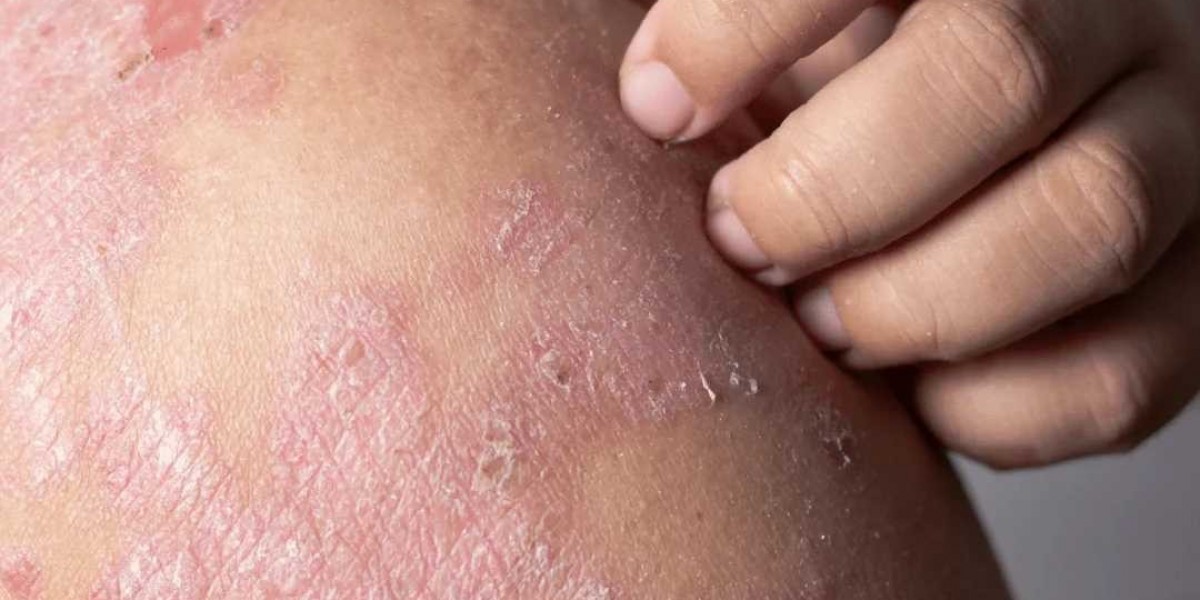What is Eczema?
Eczema is a common skin condition that affects millions of people worldwide. It’s characterized by itchy, inflamed, and sometimes painful patches of skin. While eczema can appear anywhere on the body, one area that often gets overlooked is the shoulder. So, what exactly is eczema, and why does it show up on your shoulder? Let’s dive in.
Definition of Eczema
Eczema, also known as atopic dermatitis, is a chronic skin condition that causes dryness, itching, and inflammation. It’s not contagious, but it can be incredibly uncomfortable and sometimes even debilitating. The condition often flares up in response to certain triggers, making it a lifelong battle for many.
Common Types of Eczema
There are several types of eczema, including atopic dermatitis, contact dermatitis, and dyshidrotic eczema. While the symptoms are similar, the triggers and affected areas can vary. For instance, eczema on the shoulder is often linked to friction, sweat, or exposure to irritants.
What Does Eczema on Shoulder Look Like?
If you’ve ever noticed red, itchy patches on your shoulder, you might be dealing with eczema. But how can you tell if it’s eczema or something else?
Visual Symptoms
Eczema on the shoulder typically appears as red or brownish-gray patches. These patches may be dry, scaly, and extremely itchy. In severe cases, the skin can crack, bleed, or even ooze fluid. It’s not a pretty sight, and it can be downright painful.
How It Differs from Other Skin Conditions
Eczema is often confused with psoriasis or fungal infections. However, unlike psoriasis, eczema doesn’t usually have silvery scales. And unlike fungal infections, eczema isn’t caused by a pathogen. It’s an immune response, which means it’s your body overreacting to something it perceives as a threat.
Causes of Eczema on Shoulder
So, what causes eczema on the shoulder? The answer isn’t straightforward, as it often involves a combination of factors.
Genetic Factors
If you have a family history of eczema, asthma, or allergies, you’re more likely to develop eczema. It’s like your genes are playing a cruel joke on you, making your skin more sensitive to irritants.
Environmental Triggers
Your surroundings can play a huge role in triggering eczema on your shoulder. Let’s break it down.
Allergens and Irritants
Things like dust mites, pet dander, and certain fabrics can irritate your skin and trigger a flare-up. Even your laundry detergent or body wash could be the culprit. That’s why it’s essential to pay attention to what comes into contact with your skin.
Weather Conditions
Cold, dry weather can suck the moisture out of your skin, making it more prone to eczema. On the flip side, hot and humid weather can cause sweating, which can also irritate your skin. It’s like your skin can’t catch a break!
Stress and Lifestyle Factors
Stress is a sneaky trigger for eczema. When you’re stressed, your body releases hormones that can worsen inflammation. Lack of sleep, poor diet, and even certain medications can also contribute to flare-ups.
Symptoms of Eczema on Shoulder
The symptoms of eczema on the shoulder can range from mild to severe. Here’s what to look out for.
Itching and Redness
The most common symptom is itching, which can be so intense that it keeps you up at night. The affected area may also appear red or inflamed, making it hard to ignore.
Dryness and Flaking
Eczema often causes the skin to become dry and flaky. It’s like your skin is shedding, but not in a good way. This dryness can lead to cracking, which is not only painful but also increases the risk of infection.
Swelling and Inflammation
In some cases, the skin may swell and become tender to the touch. This inflammation is your body’s way of trying to protect itself, but it can make the condition even more uncomfortable.
Potential Complications
If left untreated, eczema on the shoulder can lead to complications like skin infections or scarring. That’s why it’s crucial to address the symptoms as soon as they appear.
How to Diagnose Eczema on Shoulder
If you suspect you have eczema on your shoulder, it’s essential to get a proper diagnosis.
When to See a Doctor
If over-the-counter treatments aren’t working, or if your symptoms are severe, it’s time to see a dermatologist. They can help determine whether you’re dealing with eczema or another skin condition.
Diagnostic Tests and Procedures
Your doctor may perform a physical exam and ask about your medical history. In some cases, they might recommend a patch test to identify potential allergens.
Treatment Options for Eczema on Shoulder
The good news is that eczema on the shoulder is treatable. Here are some options to consider.
Over-the-Counter Solutions
For mild cases, over-the-counter creams and ointments can provide relief. Look for products that are specifically designed for eczema-prone skin.
Fragrance-Free Creams
One of the best things you can do for your skin is to use a fragrance-free cream. These creams are gentle on the skin and less likely to cause irritation. They help lock in moisture, which is essential for managing eczema.
Prescription Medications
If over-the-counter treatments aren’t cutting it, your doctor may prescribe stronger medications like corticosteroids or immunosuppressants. These can help reduce inflammation and control flare-ups.
Home Remedies and Lifestyle Changes
Sometimes, simple changes can make a big difference. For example, taking shorter showers, using a humidifier, and wearing loose-fitting clothing can help keep your skin happy.
Preventing Eczema on the Shoulder
Prevention is always better than cure, especially when it comes to eczema.
Skincare Tips
Keep your skin moisturized and avoid harsh soaps. Opt for gentle, fragrance-free products that won’t irritate your skin.
Avoiding Triggers
Identify and avoid your triggers. Whether it’s a specific fabric or a particular food, knowing what sets off your eczema can help you stay flare-up-free.
Stress Management Techniques
Since stress can trigger eczema, finding ways to relax is crucial. Try yoga, meditation, or even just taking a walk to clear your mind.
Living with Eczema on the Shoulder
Living with eczema can be challenging, but it’s not impossible.
Coping Mechanisms
Find ways to cope with the itchiness and discomfort. Cold compresses, oatmeal baths, and distraction techniques can all help.
Support and Resources
Don’t be afraid to seek support. Whether it’s joining a support group or talking to a therapist, you don’t have to go through this alone.
Conclusion
Eczema on the shoulder can be a frustrating and uncomfortable condition, but with the right knowledge and treatment, it’s manageable. By understanding the causes and symptoms, you can take steps to prevent flare-ups and keep your skin healthy. Remember, you’re not alone in this journey, and there are plenty of resources available to help you.
FAQs
Can eczema on the shoulder spread to other parts of the body?
Yes, eczema can spread if left untreated or if the triggers are not addressed. It’s essential to manage the condition to prevent it from affecting other areas.
Is eczema on the shoulder contagious?
No, eczema is not contagious. It’s a skin condition caused by a combination of genetic and environmental factors.
How long does it take for eczema on the shoulder to heal?
The healing time varies depending on the severity of the condition and the treatment used. Mild cases may clear up in a few days, while more severe cases can take weeks or even months.
Can diet affect eczema on the shoulder?
Yes, certain foods can trigger eczema flare-ups. Common culprits include dairy, gluten, and processed foods. Keeping a food diary can help you identify potential triggers.
Are there any natural remedies for eczema on the shoulder?
Yes, natural remedies like coconut oil, aloe vera, and oatmeal baths can help soothe eczema symptoms. However, it’s essential to consult with a healthcare professional before trying any new treatment.








